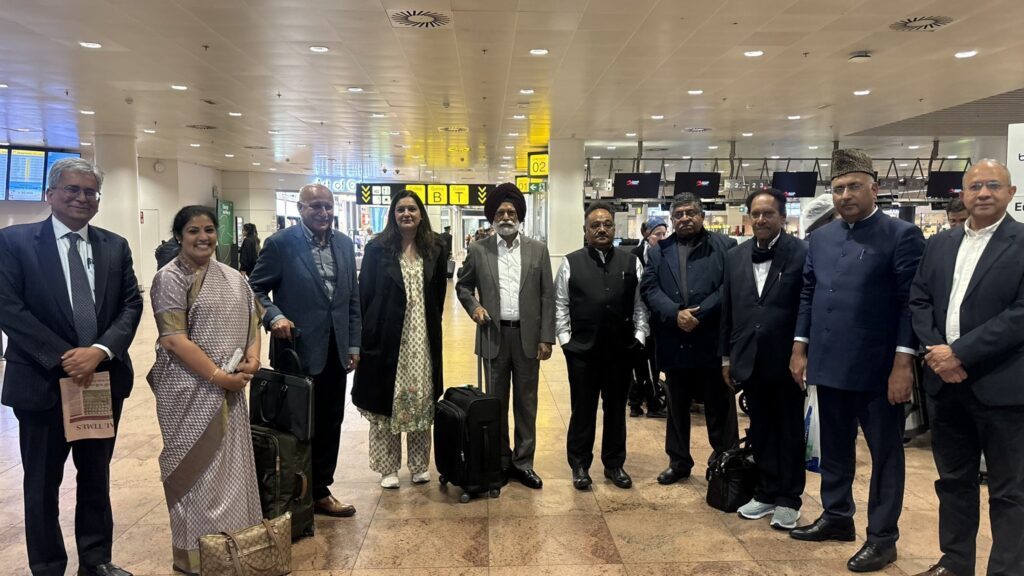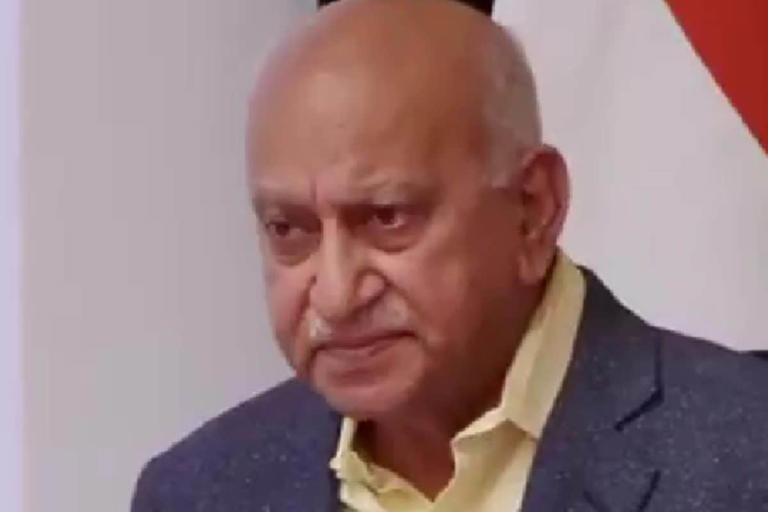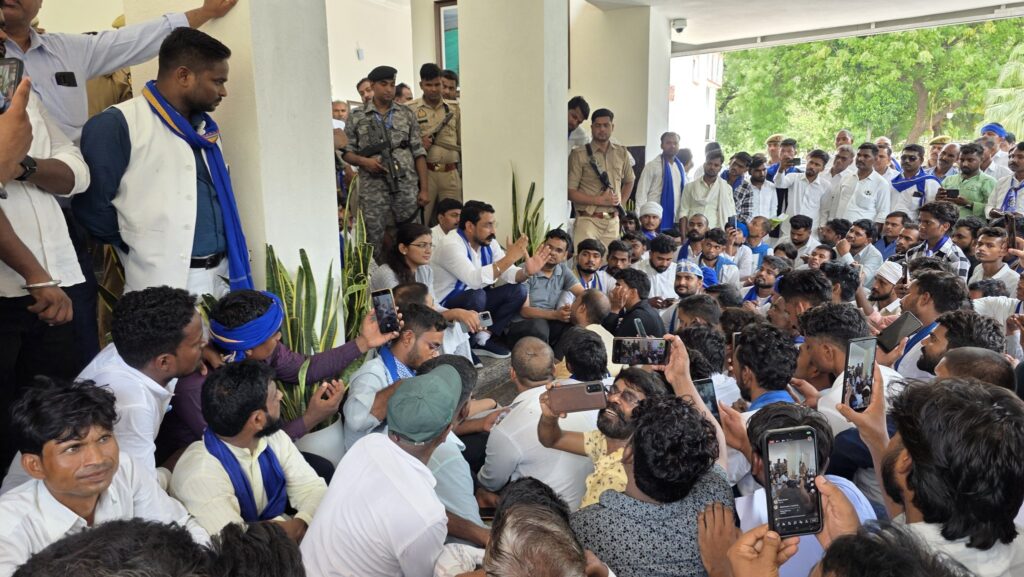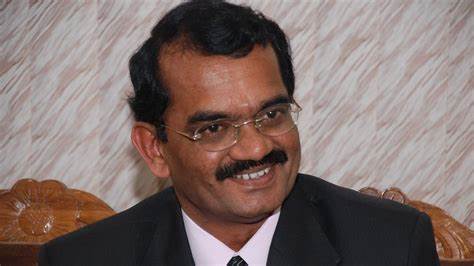India Takes Terrorism Debate to Europe
In June 2025, a high-level Indian all-party parliamentary delegation visited Belgium and other European nations, intensifying India’s diplomatic push against Pakistan-sponsored terrorism. Led by BJP MP Ravi Shankar Prasad, and including seasoned voices like former minister MJ Akbar and MP Daggubati Purandeswari, the delegation’s mission was clear: expose the West’s double standards on terrorism and urge the global community to adopt a zero-tolerance stance against terror, regardless of geography.

With a special focus on the Pahalgam terror attack, the Indian delegation held meetings with European Parliament members (MEPs) and diplomats to underline that terrorism targeting Indians deserves the same outrage and action as attacks in Western countries.
MJ Akbar Calls Out the West’s Double Standards on Terror Attacks
In a sharp and direct speech in Brussels, former Union Minister MJ Akbar lambasted the Western world’s selective outrage. He questioned the glaring contrast between the global reaction to 9/11 versus the muted responses to terror attacks in India, asking bluntly, “Are there two laws in this world? One for America and the West, and another for India?”
Akbar argued that when India takes action against cross-border terrorism near its own borders, it is cautioned to show restraint, while the West justifies pre-emptive military strikes far beyond its geography. He emphasized that Indian lives should not be seen as less valuable and demanded equal international outrage for attacks like the one in Pahalgam, Jammu & Kashmir.
His remarks hit a nerve, pointing to a long-standing Indian frustration over Western hesitance to directly confront Pakistan on its terror networks despite overwhelming evidence.
India Demands Global Accountability for Pakistan-Sponsored Terrorism
The delegation stressed that India is not seeking revenge, but justice for the victims of terrorism. BJP MP Daggubati Purandeswari warned that terrorism is not a regional issue, and if allowed to fester, it will spread beyond South Asia. She called for the naming and shaming of state sponsors of terrorism, especially those providing safe havens and logistical support to terror outfits.
The Indian side made it clear that the time has come for the West to stop sitting on the fence and adopt a values-based, consistent global counterterrorism framework. The members highlighted how Pakistan continues to harbor groups like Jaish-e-Mohammed and Lashkar-e-Taiba, which have repeatedly targeted Indian civilians and military personnel.
They also urged the EU to support mechanisms that hold nations accountable, both diplomatically and through international law, ensuring that state-backed terrorism is treated as a global crime, not a bilateral dispute.
Europe Responds with Support, Eyes Counterterrorism Cooperation
The response from European Parliament members (MEPs) was cautiously supportive. They condemned the Pahalgam attack, acknowledged India’s right to self-defense, and emphasized the importance of justice for terror victims.
Discussions also focused on deepening EU-India cooperation in counterterrorism, intelligence-sharing, and developing joint strategies against radicalization and extremist funding.
The visit also opened up renewed dialogue on broader India-EU strategic ties, with terrorism now firmly on the cooperation agenda. The EU side stressed the need for a unified approach—with zero tolerance toward terrorism, no matter the source or justification.





















